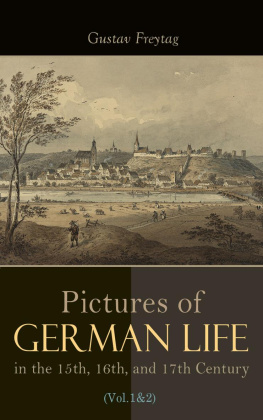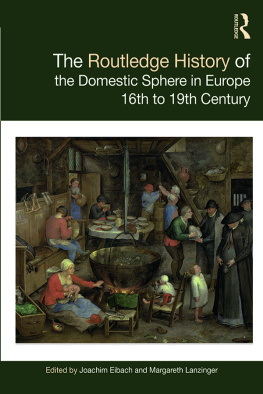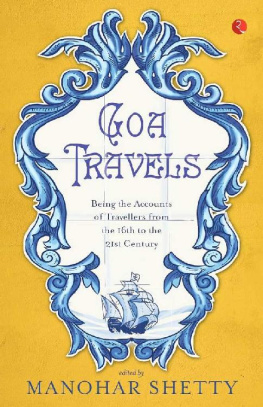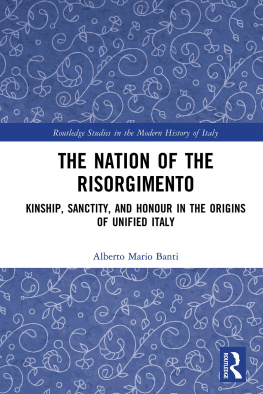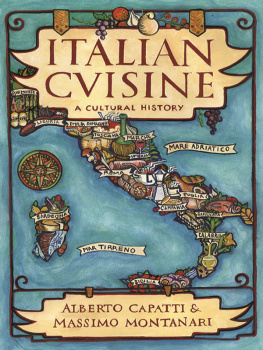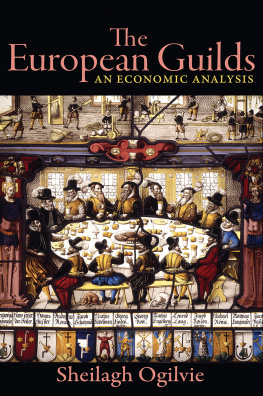Alberto Guenzi - Guilds, Markets and Work Regulations in Italy, 16th–19th Centuries
Here you can read online Alberto Guenzi - Guilds, Markets and Work Regulations in Italy, 16th–19th Centuries full text of the book (entire story) in english for free. Download pdf and epub, get meaning, cover and reviews about this ebook. year: 2016, publisher: Routledge, genre: Religion. Description of the work, (preface) as well as reviews are available. Best literature library LitArk.com created for fans of good reading and offers a wide selection of genres:
Romance novel
Science fiction
Adventure
Detective
Science
History
Home and family
Prose
Art
Politics
Computer
Non-fiction
Religion
Business
Children
Humor
Choose a favorite category and find really read worthwhile books. Enjoy immersion in the world of imagination, feel the emotions of the characters or learn something new for yourself, make an fascinating discovery.

- Book:Guilds, Markets and Work Regulations in Italy, 16th–19th Centuries
- Author:
- Publisher:Routledge
- Genre:
- Year:2016
- Rating:5 / 5
- Favourites:Add to favourites
- Your mark:
- 100
- 1
- 2
- 3
- 4
- 5
Guilds, Markets and Work Regulations in Italy, 16th–19th Centuries: summary, description and annotation
We offer to read an annotation, description, summary or preface (depends on what the author of the book "Guilds, Markets and Work Regulations in Italy, 16th–19th Centuries" wrote himself). If you haven't found the necessary information about the book — write in the comments, we will try to find it.
Alberto Guenzi: author's other books
Who wrote Guilds, Markets and Work Regulations in Italy, 16th–19th Centuries? Find out the surname, the name of the author of the book and a list of all author's works by series.
Guilds, Markets and Work Regulations in Italy, 16th–19th Centuries — read online for free the complete book (whole text) full work
Below is the text of the book, divided by pages. System saving the place of the last page read, allows you to conveniently read the book "Guilds, Markets and Work Regulations in Italy, 16th–19th Centuries" online for free, without having to search again every time where you left off. Put a bookmark, and you can go to the page where you finished reading at any time.
Font size:
Interval:
Bookmark:

Alberto Guenzi
Paola Massa
Angelo Moioli
Fausto Piola Caselli
Carlo Travaglini
Alberto Guenzi, Paola Massa and Fausto Piola Caselli

2 Park Square, Milton Park, Abingdon, Oxon OX14 4RN
711 Third Avenue, New York, NY 10017, USA
Fausto Piola Caselli
Product or corporate names may be trademarks or registered trademarks, and are used only for identification and explanation without intent to infringe.
A catalogue record for this book is available.
Guilds, Markets, and Work Regulations in Italy, 16th19th Centuries /
edited by Alberto Guenzi, Paola Massa, Fausto Piola Caselli.
p. cm.
Includes bibliographical references.
1. Guilds Italy History Congresses. 2. Guilds Italy Political
Activity History Congresses. 3. Italy Economic Conditions
Congresses. 4. Italy Commercial Policy History Congresses.
5. Friendly Societies Italy History Congresses. I. Guenzi, Alberto.
II. Massa, Paola. III. Piola Caselli, Fausto.
HD6470.G85 1998 9823011
338.6'32'0945 dc21 CIP
Font size:
Interval:
Bookmark:
Similar books «Guilds, Markets and Work Regulations in Italy, 16th–19th Centuries»
Look at similar books to Guilds, Markets and Work Regulations in Italy, 16th–19th Centuries. We have selected literature similar in name and meaning in the hope of providing readers with more options to find new, interesting, not yet read works.
Discussion, reviews of the book Guilds, Markets and Work Regulations in Italy, 16th–19th Centuries and just readers' own opinions. Leave your comments, write what you think about the work, its meaning or the main characters. Specify what exactly you liked and what you didn't like, and why you think so.

